Tritin
✅ Relieves depression
✅ Manages anxiety
✅ Enhances mood
✅ Improves sleep
✅ Boosts energy
Tritin contains Fluoxetine.
Product Overview
Tritin is a pharmaceutical formulation containing Fluoxetine as its active component. As a selective serotonin reuptake inhibitor (SSRI), this medication is clinically indicated for the treatment of major depressive disorder, various anxiety disorders, obsessive-compulsive disorder (OCD), and other psychiatric conditions. The therapeutic action of Tritin involves enhancing serotonin availability in synaptic clefts, thereby modulating mood, emotional responses, and behavioral patterns. This oral medication is typically administered once daily, with food intake being optional.
Therapeutic Applications
The primary clinical indication for Tritin is the management of major depressive disorder, characterized by persistent dysphoria, anhedonia, and functional impairment. Additionally, it is prescribed for anxiety spectrum disorders including generalized anxiety disorder (GAD), panic disorder, and social anxiety disorder. Beyond its approved indications, Tritin demonstrates efficacy in off-label applications such as bulimia nervosa, premenstrual dysphoric disorder (PMDD), and certain neuropathic pain syndromes. The medication contributes to mood stabilization, restoration of circadian rhythms, and improvement in overall psychosocial functioning.
Administration Guidelines
Tritin should be administered in strict accordance with medical prescription. The capsule formulation should be ingested intact with adequate hydration, with no requirement for food co-administration. Pharmacokinetic properties may be altered by mechanical disruption of the capsule; therefore, crushing or chewing should be avoided. Therapeutic response typically manifests after several weeks of consistent administration. Discontinuation should be medically supervised to prevent potential withdrawal phenomena.
Mechanism of Action
The pharmacodynamic profile of Fluoxetine, Tritin’s active moiety, involves selective inhibition of presynaptic serotonin reuptake transporters. This action potentiates serotonergic neurotransmission by increasing synaptic serotonin concentrations. The resulting neuromodulation contributes to the medication’s antidepressant and anxiolytic properties. The temporal course of clinical improvement correlates with adaptive changes in receptor sensitivity and downstream neurochemical cascades.
Dosage Protocol
Dosage titration of Tritin requires individualization based on therapeutic response, tolerability profile, and specific clinical indication. Initial dosing typically commences with once-daily morning administration, with subsequent adjustments made under medical supervision. Strict adherence to prescribed dosing schedules is essential to maintain therapeutic serum concentrations while minimizing adverse effects.
Therapeutic Advantages
Clinical benefits of Tritin include mood stabilization, reduction in anxiety symptomatology, and improvement in sleep architecture. The medication facilitates functional recovery in affective disorders and enhances quality of life metrics. Through its neuromodulatory effects, Tritin promotes neurochemical homeostasis and ameliorates the psychopathological manifestations of mood and anxiety disorders.
Adverse Effect Profile
Common adverse reactions may include gastrointestinal disturbances (nausea, diarrhea), sleep pattern alterations (insomnia or somnolence), cephalgia, xerostomia, and sexual dysfunction. These effects are typically transient and dose-dependent. Serious adverse events requiring immediate medical attention include serotonin syndrome, emergent suicidality, and hypersensitivity reactions. Therapeutic monitoring is recommended to detect and manage adverse effects appropriately.
Precautions and Contraindications
Tritin carries a black box warning regarding increased risk of suicidal ideation, particularly in pediatric and young adult populations. Clinical vigilance is required during treatment initiation and dosage adjustments. Caution is warranted in patients with seizure disorders, bipolar spectrum conditions, or coagulopathies. Concurrent use with MAO inhibitors is contraindicated due to risk of serotonin syndrome.
Storage Requirements
Optimal storage conditions involve maintenance at controlled room temperature (20-25°C) with protection from humidity and light exposure. Proper medication disposal should comply with local pharmaceutical waste regulations. The medication should be kept in child-resistant packaging out of reach of pediatric populations.
Medical Disclaimer
The information provided herein represents expert-reviewed pharmacological data intended for educational purposes. This content does not substitute for professional medical advice, diagnosis, or treatment. The complete safety profile, including potential drug interactions and contraindications, may not be fully enumerated. Patients should consult qualified healthcare providers for personalized medical guidance. This information aims to facilitate informed patient-provider discussions rather than replace clinical judgment.
| Strength | 20 mg, 40 mg |
|---|---|
| Quantity | 30 Tablet/s, 60 Tablet/s, 90 Tablet/s, 180 Tablet/s |
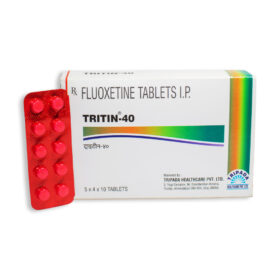 Tritin
Tritin









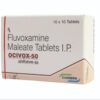
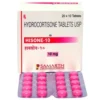

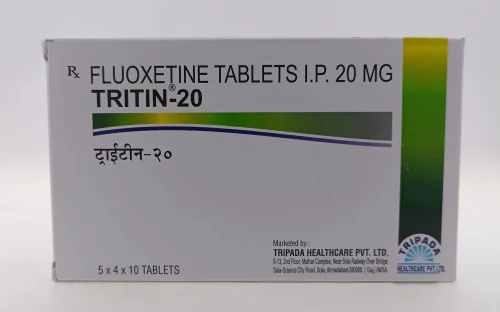
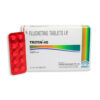
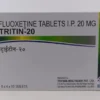
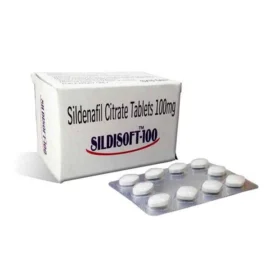
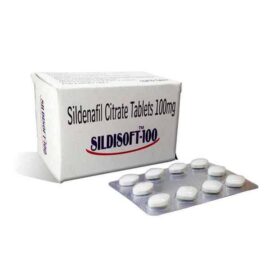
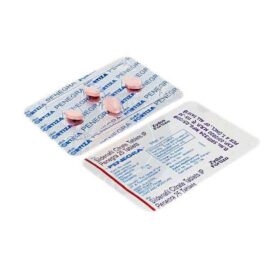
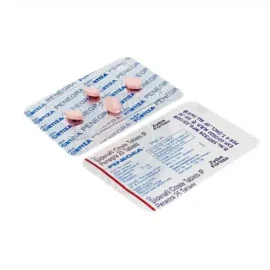
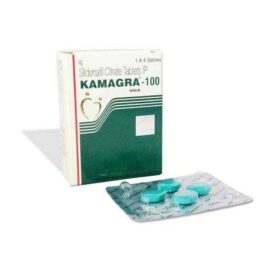
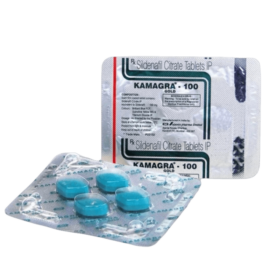
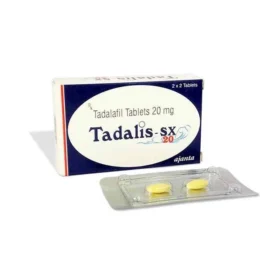
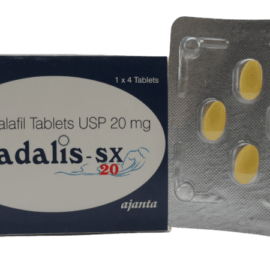
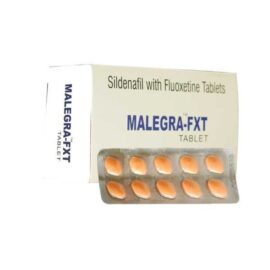
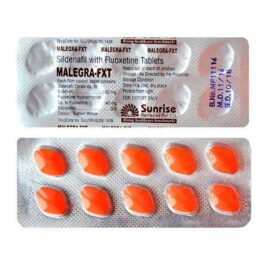
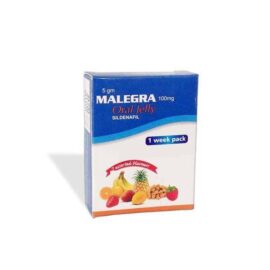

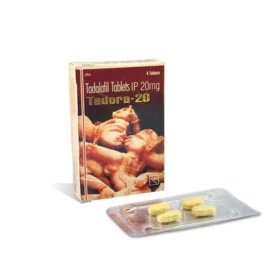
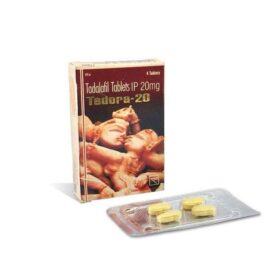
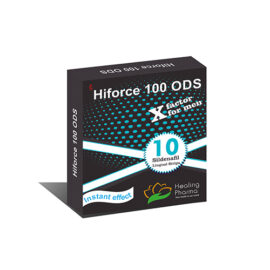
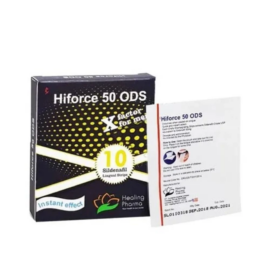
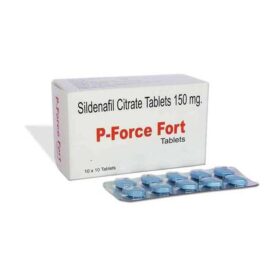
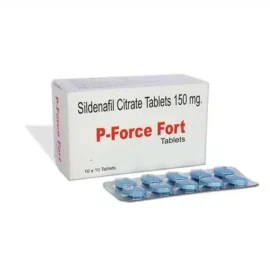
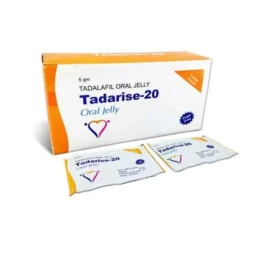
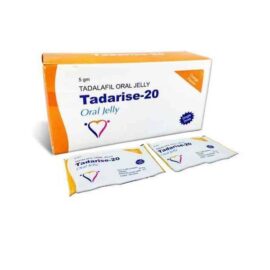
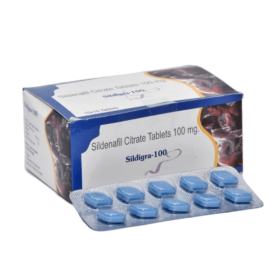
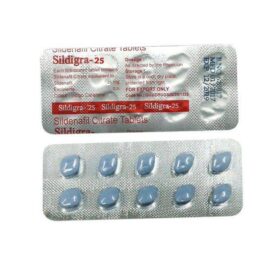
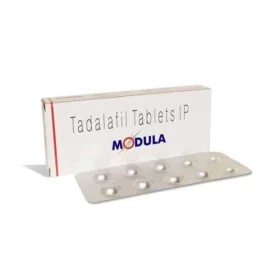
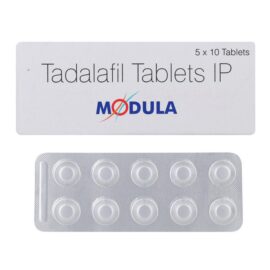
Reviews
There are no reviews yet